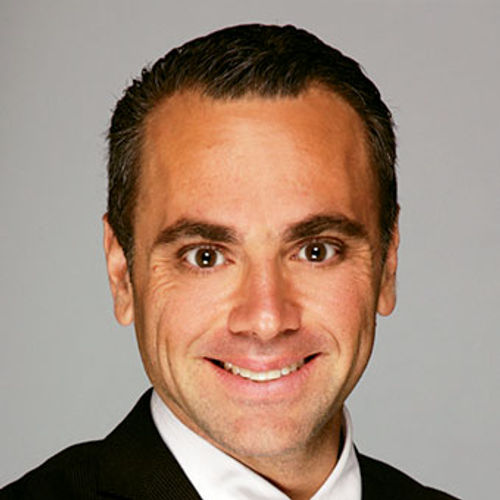Ezon is the managing director of Embark.

Jack Ezon
I'm very cautiously optimistic on the economy. Our business last year was up a modest 12%, but that was after 20%, 30% even 50% annual growth since 2008. Our pace compared to last year is up maybe 5% to 4%. If things stay flat in 2020, I'll be very happy.
I should note that a lot of our growth and our current pace are a result of an aggressive new-customer acquisition strategy. The average spend per existing client is actually down, so our growth comes from adding new clients.
I don't know if anybody's walked down Madison or Fifth Avenue [in New York] lately, but it's frightening how many vacancies there are. I was in Saks [Fifth Avenue, toward the end of November], and I may be exaggerating, overexaggerating, to say I saw 30 people in the store. Barneys closed, Bendel's closed, and Neiman Marcus, Old Navy and Penney's are closing stores. It's across the board.
Retail drives real estate, and a lot of my clients are real estate executives. But it also drives manufacturing, and a lot of clients are in manufacturing, wholesale and importing. Tariffs don't help that either. I'm very concerned about the well-being of our core clients, who are ultrahigh net worth and high net worth individuals.
I'm seeing a greater dichotomy between our ultrahigh net worth and our high net worth clients. The high net worth clients were spending $1,000 to $1,500 a night. That's a great client base to have. And then the ultrahigh net worth are happy spending $20,000 to $25,000 a night. The high net worth are pushing for more value and are more likely to be frustrated with rising rates in 2019 and 2020. And even though the ultrahigh net worth are not really cutting back on spend, they're a lot more focused on what the value proposition is.
The value doesn't necessarily mean the cost. Rather, is it justified as being meaningful in their life? That's how people are spending their money. At the same time that a client is pushing back at spending $2,000 a night for a hotel, they're spending $12 million on a destination wedding for their kid. It's not like they don't have the money. They're asking what's the purpose of it? What's the meaning behind it?
Justifying that is the key to success. You can't just say, "Oh yeah, you need the 5,000-square-foot penthouse," simply because it will flatter their ego. No, you need to explain that the presidential suite is important because they're going with 10 family members and need common ground, a common space, to be together. That's why it's important.
The biggest growth is in multigen, multicouple destination celebrations. The common theme is wanting to connect to people around you, and that's where the biggest spend is going to be.
On the downside, there is declining international demand in the U.S., coupled with increased inventory. Money is almost free, so supply keeps growing. But, ultimately, declining hotel rates are going to translate to lower transaction costs. They're high now, but I don't think they're going to stay high. In fact, if they remain flat, I think it's going to be great. It'll vary by market, of course.
On the upside, lower rates present an opportunity to talk about value. And the strength of the U.S. dollar and the fact that it's an international currency reduces the transaction cost to us. If they spent 1,500 euros three years ago, the cost would have been $2,000. Now, $1,700.